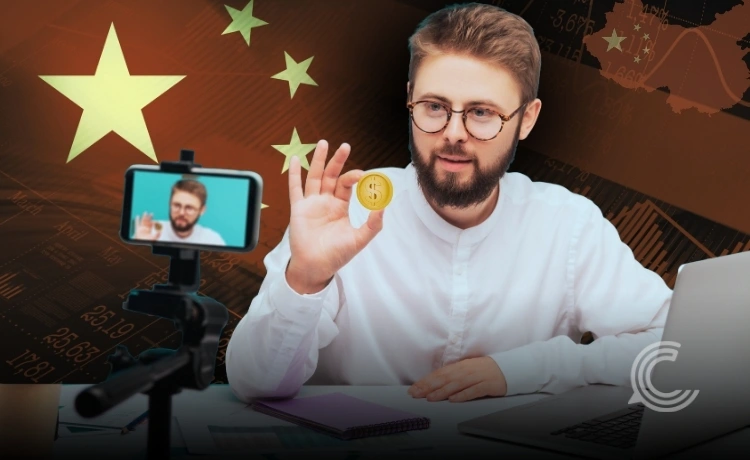China Cracks Down on Social Media Influencers’ Credentials

Key Highlights–
- China now requires influencers to hold verified qualifications before discussing health, finance, law, or education.
- The rule aims to promote accuracy and transparency in influencer-led information.
- Experts call it a bold move toward accountability in an era of unchecked digital influence.
In a landmark move that could redefine online credibility, China has introduced a rule requiring spcial media influencers to hold official qualifications before discussing “sensitive” subjects such as medicine, law, education, or finance. The policy, which came into effect on October 25, is part of Beijing’s wider effort to promote accuracy and protect citizens from false or misleading content.
A New Era of Qualified Influence
Under the new framework issued by the Cyberspace Administration of China (CAC), creators must now present proof of expertise, such as a degree, professional license, or recognised certification, to post about regulated topics, as reported by Daily Express. Platforms like Douyin, Bilibili, and Weibo are tasked with verifying credentials and ensuring proper citations, disclaimers, and AI-use transparency. Advertising disguised as “educational content,” especially for health products or supplements, is now banned outright.
A Step Toward Digital Accountability
The rule signals a growing global consensus: social-media voices carry real-world impact. Whether a nutrition tip, financial hack, or mental-health reel, online advice often shapes daily decisions. In this sense, China’s policy acknowledges that credibility must accompany influence.
By enforcing qualifications, authorities are pushing the ecosystem closer to professional standards. Verified doctors, certified nutritionists, or licensed legal experts will now have more space to engage audiences responsibly, while unverified creators will face greater scrutiny before offering public “advice.”
Supporters argue this could restore trust in digital spaces often clouded by viral half-truths and self-taught “experts.” Additionally, it also aligns with the global push to hold creators accountable for misinformation that spreads faster than traditional fact-checking can keep up.
When Expertise Meets Influence
China’s decision reflects a significant cultural shift: treating online influence as a profession, not a hobby. Much like journalists, doctors, or financial advisors, creators handling sensitive subjects will also now have a duty to ensure accuracy.
The move addresses the Dunning-Kruger effect, where individuals with limited knowledge overestimate their expertise; a psychological bias that often fuels viral misinformation. By filtering advice through qualified professionals, China aims to reduce the noise and elevate reliable voices in digital discourse.
Global Comparisons: The Regulation Wave
Far from being an isolated case, this approach echoes a global trend: nations are waking up to the need for guardrails around digital influence. Australia recently passed a new legislation restricting social-media access for teens and examining influencer accountability under child-safety and misinformation frameworks. Meanwhile, India has enforced guidelines requiring creators to disclose paid partnerships and face penalties for misleading promotions.
Furthermore, in the West, the UK and the US are exploring stricter transparency norms for health and finance influencers to curb deceptive practices.
While most democracies balance such rules with free-speech protections, China’s version, though stringent, may offer an early template for professionalising influencer content globally.
A Measured, Necessary Evolution
Regulating speech in the digital age is delicate, but refusing regulation entirely has proven costly. The unverified advice of influencers has, in many cases, influenced diets, investments, and medical decisions with serious consequences.
China’s framework is an assertive but pragmatic step: it doesn’t silence voices, it sets standards. By promoting credential-based trust and discouraging misinformation, it’s paving the way for a more transparent, accountable digital environment.
If implemented fairly, this model could inspire other nations to establish their own verification systems , ensuring that in the crowded world of content, facts finally speak louder than followers.



